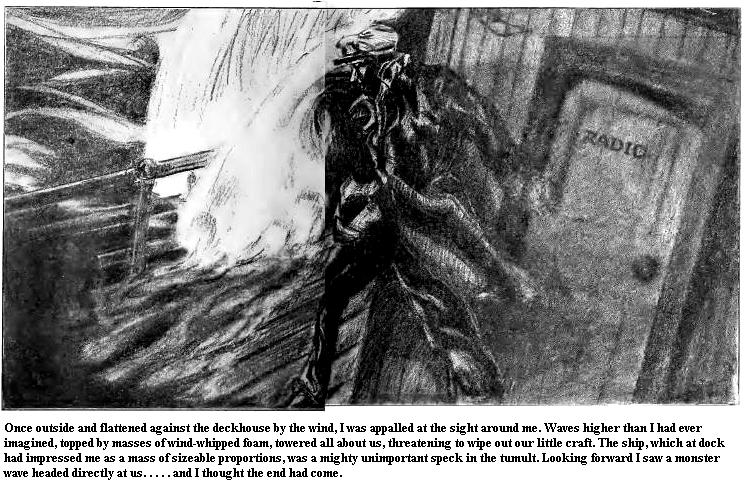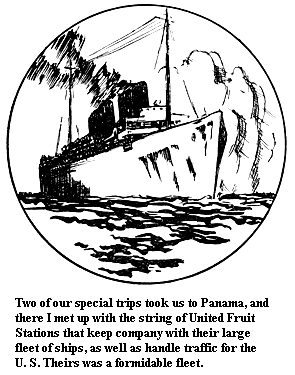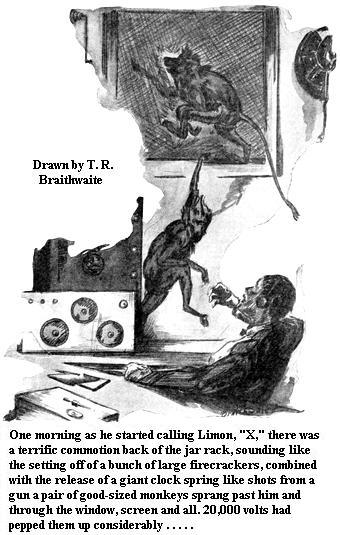
Part One:
"My Amateur
Days"
A Vivid Retrospection of the Days
When a Radio "Bug" Who
Claimed to Extract Mes-
sages From the Ether
Was Declared
Mentally Un-
sound.
| THIS article is the first of an interesting series by a veteran commercial operator, who describes the facts and thrills of his rise from an awe-inspired experimenter, back in 1907, to a full-fledged radio expert. Don't fail to miss a single installment, you amateurs! |






